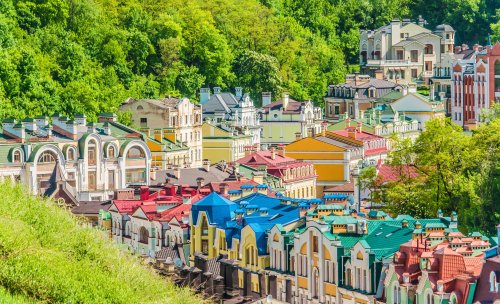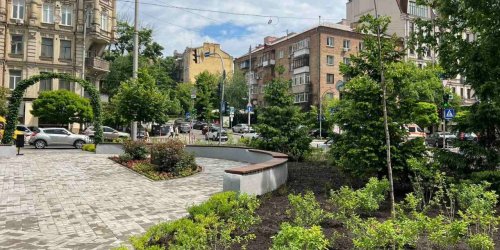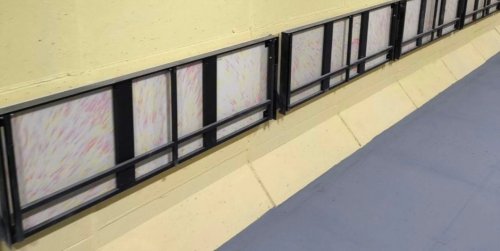In Kyiv, car washes illegally cut into rainwater collectors and river collectors and contaminate the capital's river basins with impurities.
This is stated in the investigative article Economic Truth.
"While Ukrainians are switching to phosphate-free washing powders and trying to sort their garbage, some unscrupulous entrepreneurs are turning the waters of the Dnipro into a "blooming" swamp. One of the biggest water polluters are car washes that cut into rainwater collectors and river collectors. They drain water mixed with with cheap car shampoos and fuel and lubricants," the article says.
The owners of car washes share that the cost of building and launching such a business in Kyiv is tens of thousands of dollars and depends on the size and location. To start a business, it is necessary to prepare a list of documents and obtain permits from state and local authorities, as well as from control bodies. The owner must obtain the technical conditions for connecting the sewage and water supply. In addition, it is necessary to ensure the minimum impact of the car wash on nature.
"The discharge of waste water from car washes into water bodies must be carried out on the basis of a permit for special water use, and into the sewerage network – on the basis of a contract with the enterprise of water supply and sewage management", – reported the State Environmental Inspection.
It is worth noting that at car washes it is necessary to install treatment facilities worth $3-5 thousand and to connect to the central drainage system. Installation of a filtration and water storage system will cost another $4,000. You also need to buy filters and cartridges every month.
"At this stage, some entrepreneurs decide to save money in order to increase the business margin and reduce the return on investment. Savings are made by violating the law. The most common violation is illegal cutting into sewer collectors, rainwater collectors, or nearby reservoirs. That is, entrepreneurs illegally lay plastic pipes underground ", the journalists learned.
In the ecological strategy for the development of Kyiv until 2030, it is stated that there are about 2,000 illegal cuts in the drainage network in the capital. There are also hundreds of anger streams that are not on the balance sheet of any company.
"How many toxic substances get into the Dnipro through illegal cuttings and stray storm drains is unknown, because official inspections simply do not take these objects into account," reported Kostyantyn Yalovy, ex-chairman of the Kyiv City Council's Standing Committee on Environmental Policy.
It is worth noting that detergents containing phosphates, which are used in car washes, create a favorable environment for the reproduction of microscopic algae that cause the bloom of water bodies. In recent years, the summer flowering of the Dnipro has taken on alarming proportions.
"Pollution of surface or underground water and arbitrary carrying out of hydrotechnical works is punishable by a fine of one to five thousand non-taxable minimum income of citizens (17-85 thousand UAH) or imprisonment for a term of up to five years. Making the water in the capital region cleaner will help inventory of networks and elimination of illegal cuttings," the material says.
As EcoPolitic reported earlier, swimming in the Dnieper in the Kyiv region becomes more and more dangerous for health, as the water contains heavy metals, chemicals and a large number of bacteria.





